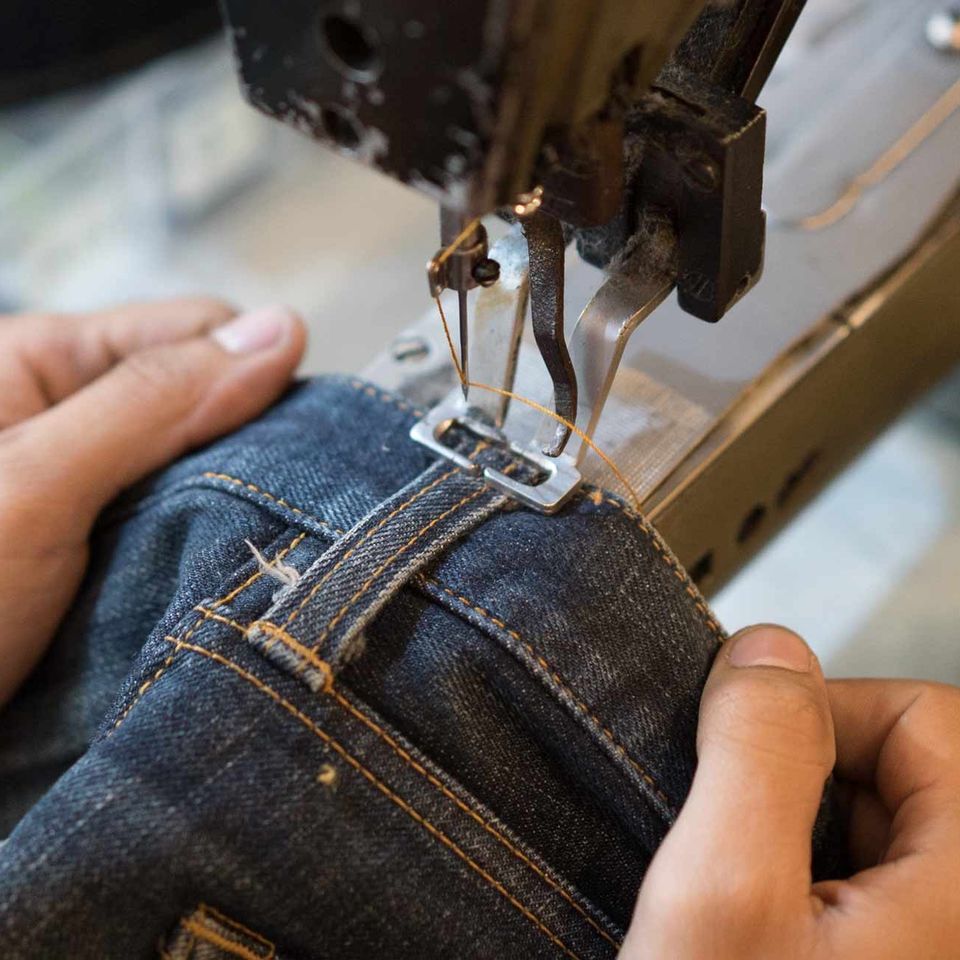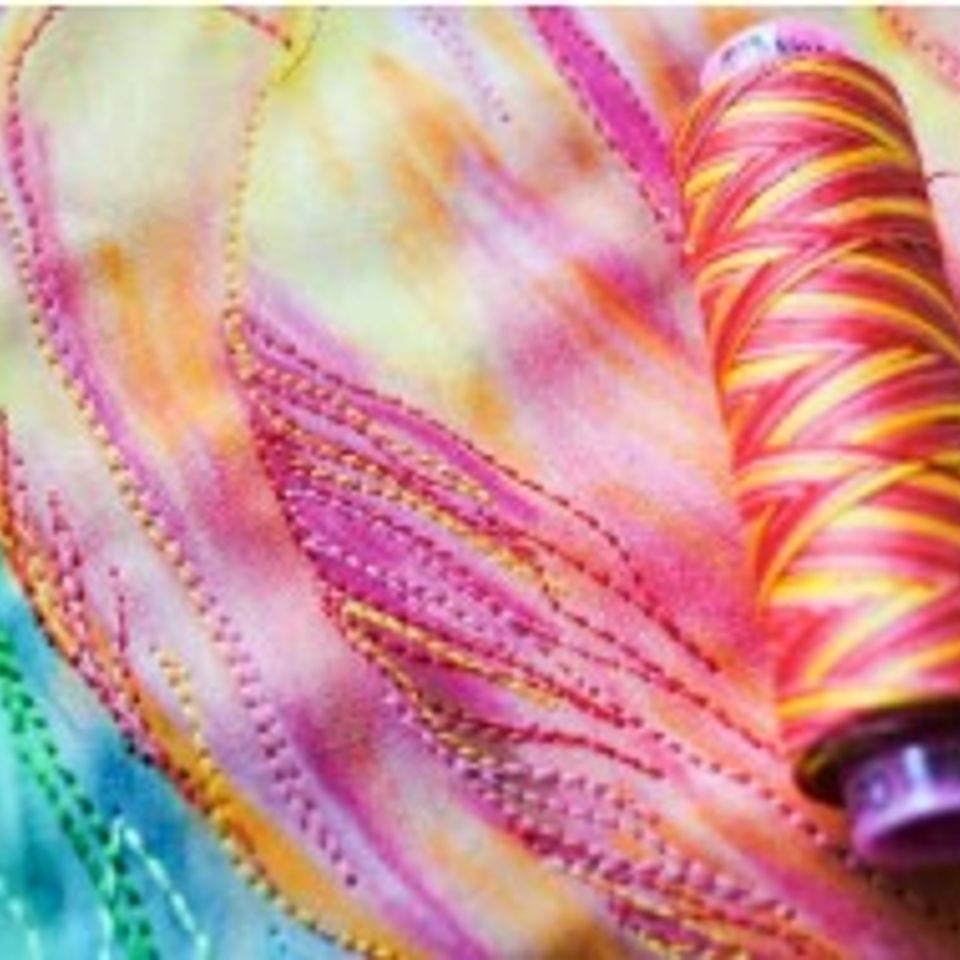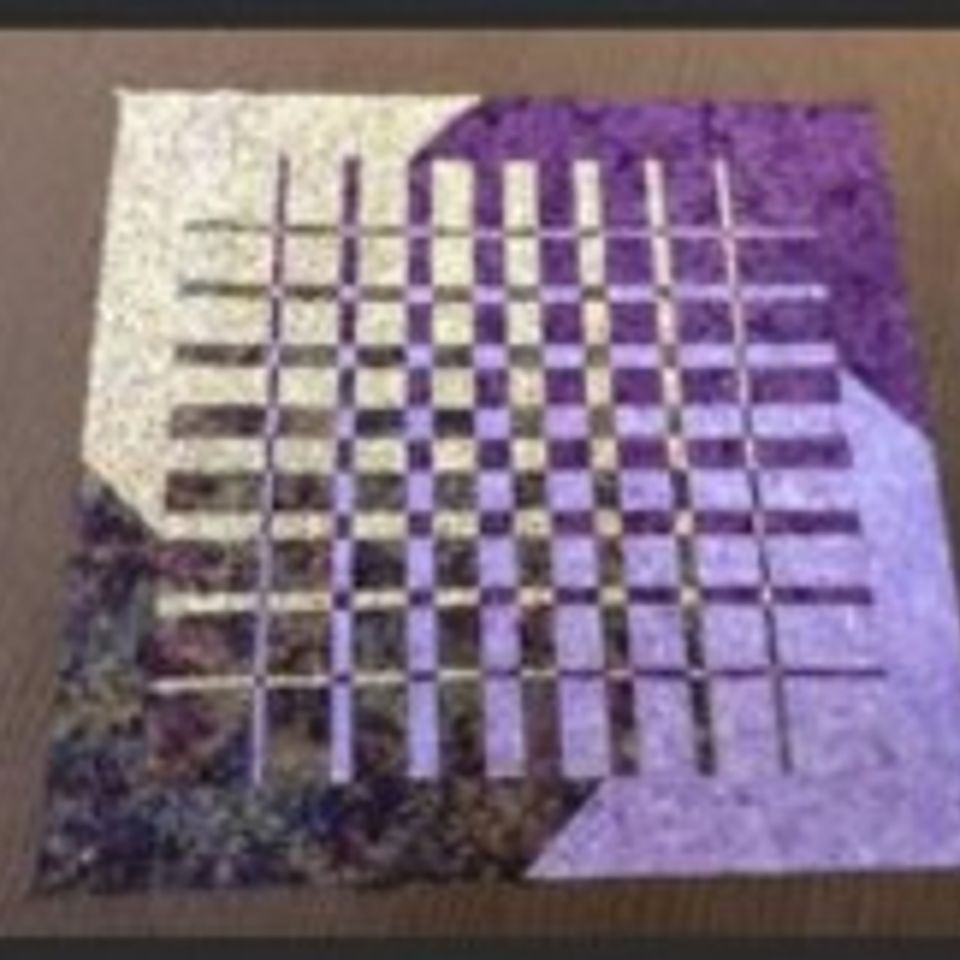
Pants Alteration Lecture
When: Wednesday, February 11th, 2026
Where: 2105 Wilson River Loop. Tillamook, OR 97141
Time: 10:30AM to 12:00PM
Cost: $30.00 (Member of Latimer), $35.00 (Non-Member)
What you’ll learn: This lecture will show the student how to properly alter, shorten, and hem pants or jeans, alter the waist, and how to alter sagging in the posterior.
This is a lecture, not a fully hands on class, but please bring a pair of pants that need to be altered for demonstration purposes.
Please Call Latimer Quilt and Textile Center at 503-842-8622 or email us at latimer2105@gmail.com to sign up!
Where: 2105 Wilson River Loop. Tillamook, OR 97141
Time: 10:30AM to 12:00PM
Cost: $30.00 (Member of Latimer), $35.00 (Non-Member)
What you’ll learn: This lecture will show the student how to properly alter, shorten, and hem pants or jeans, alter the waist, and how to alter sagging in the posterior.
This is a lecture, not a fully hands on class, but please bring a pair of pants that need to be altered for demonstration purposes.
Please Call Latimer Quilt and Textile Center at 503-842-8622 or email us at latimer2105@gmail.com to sign up!


